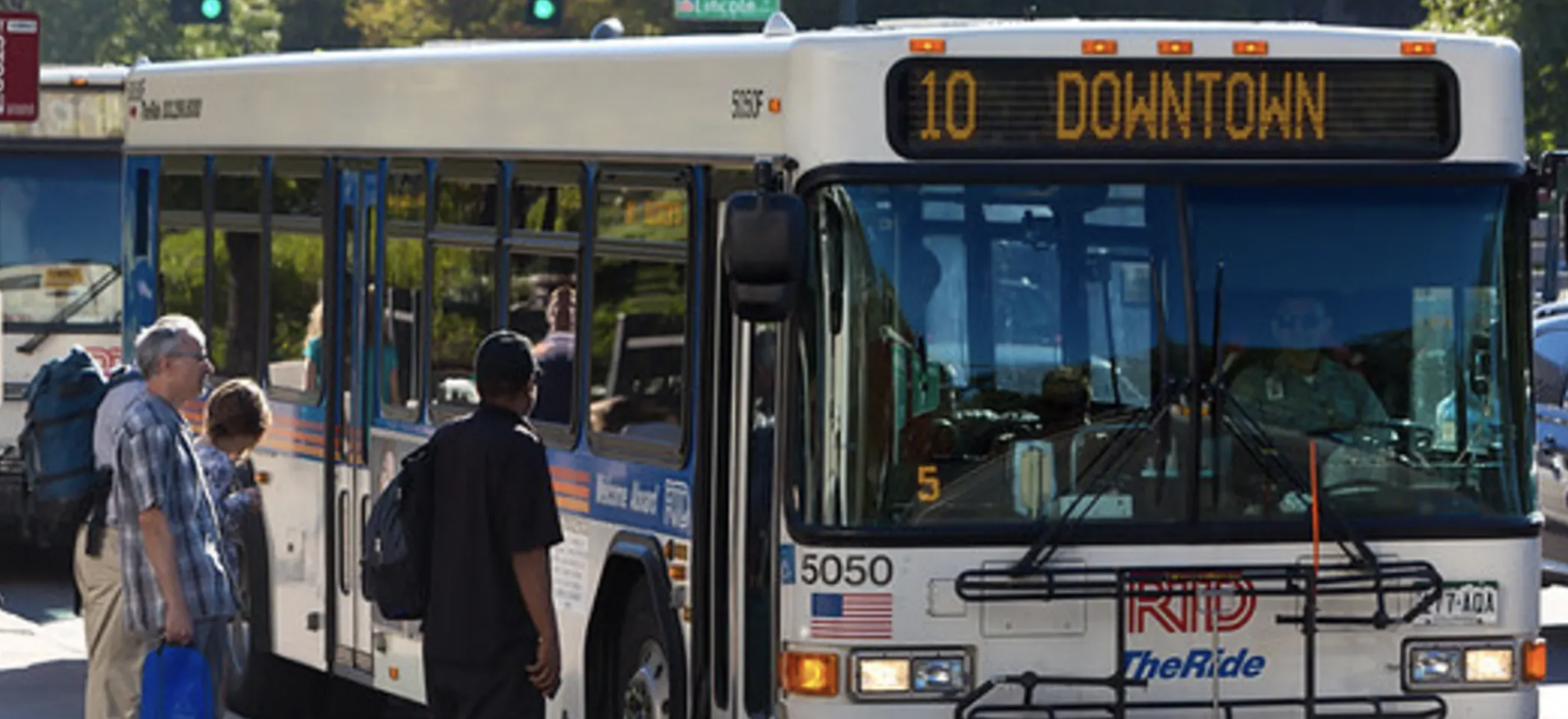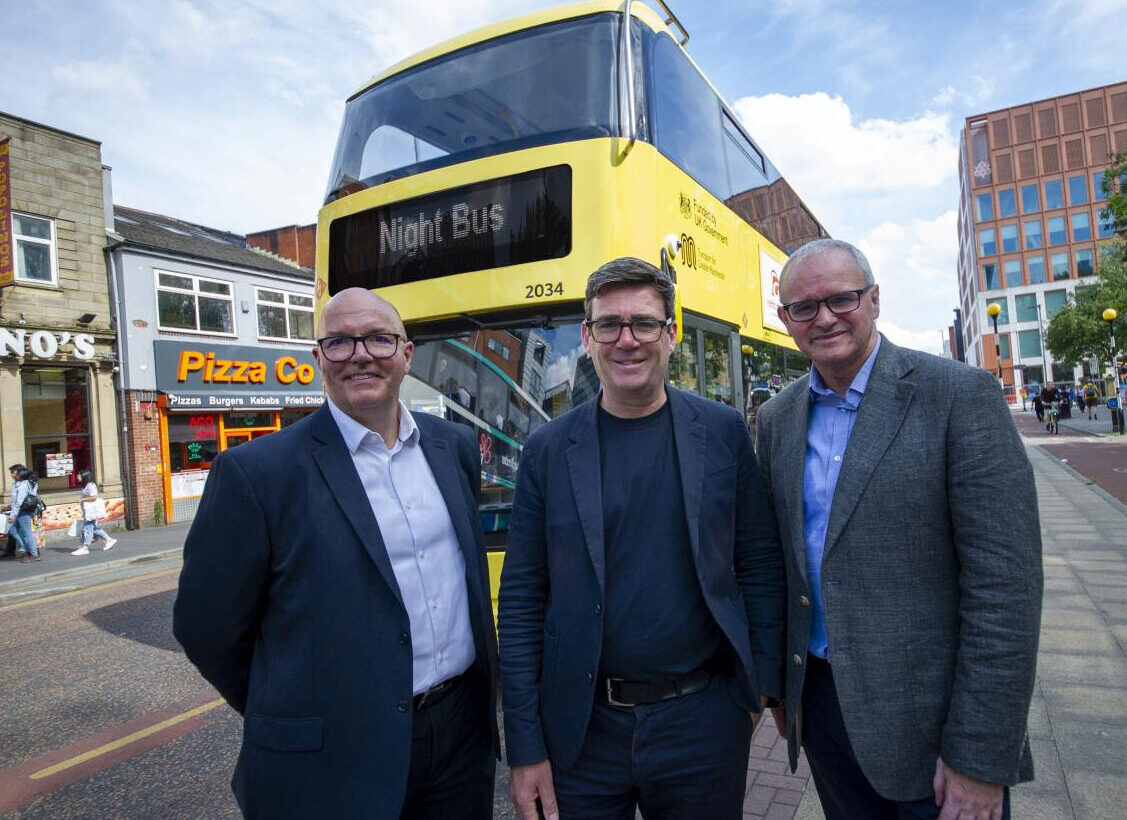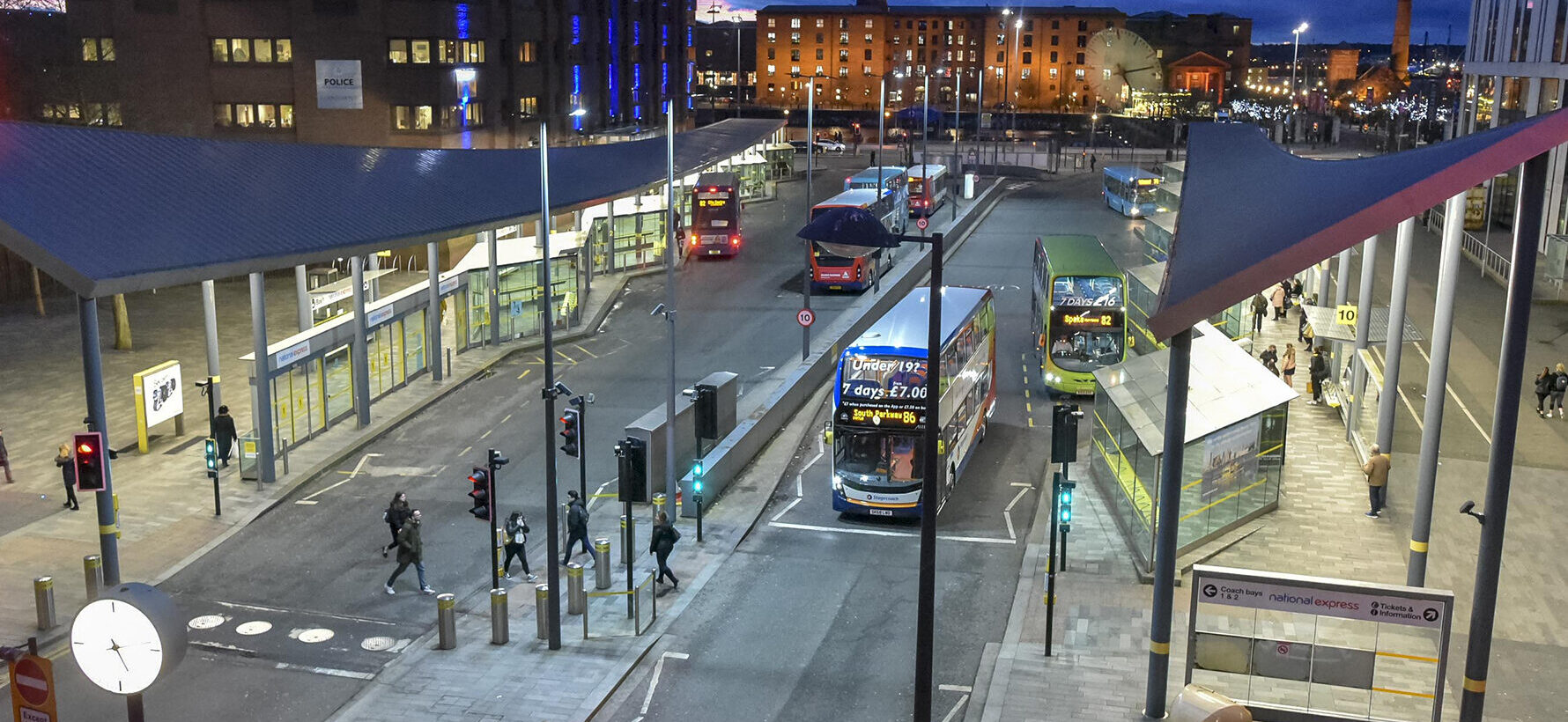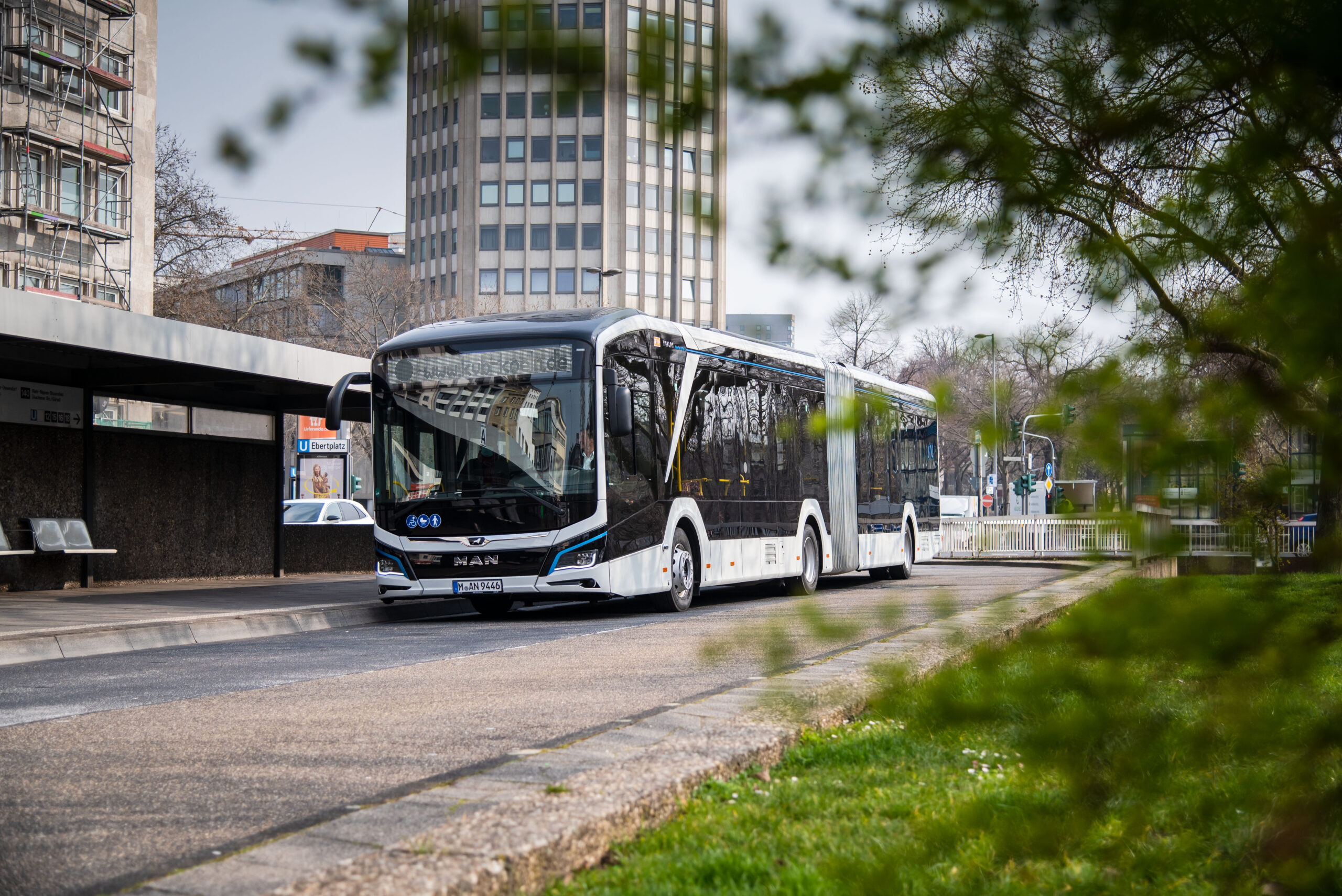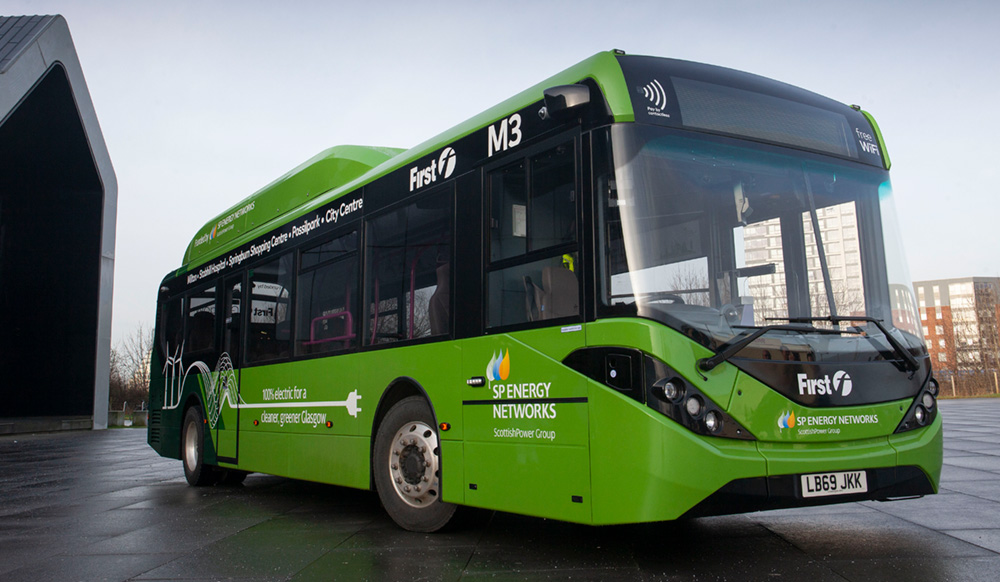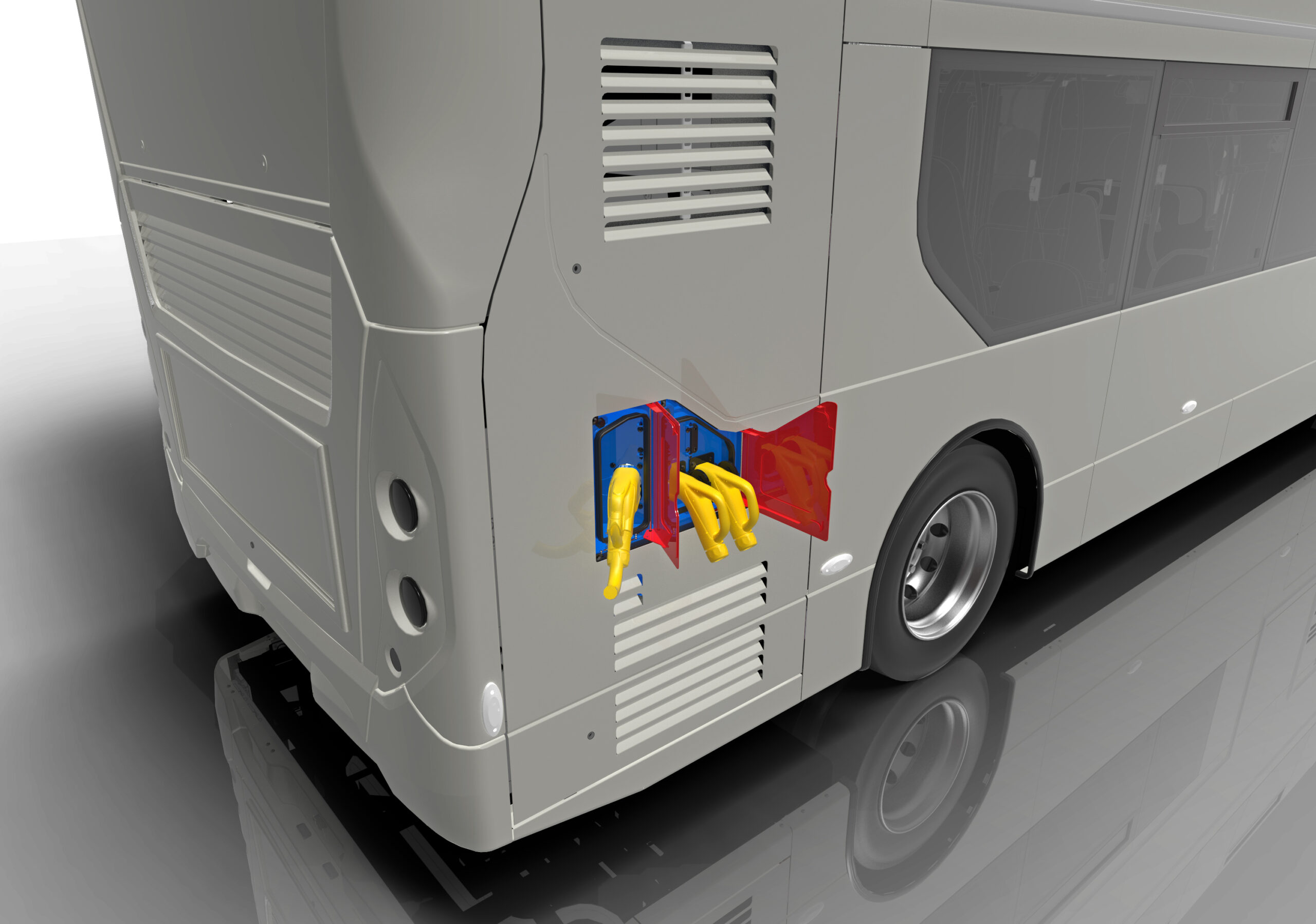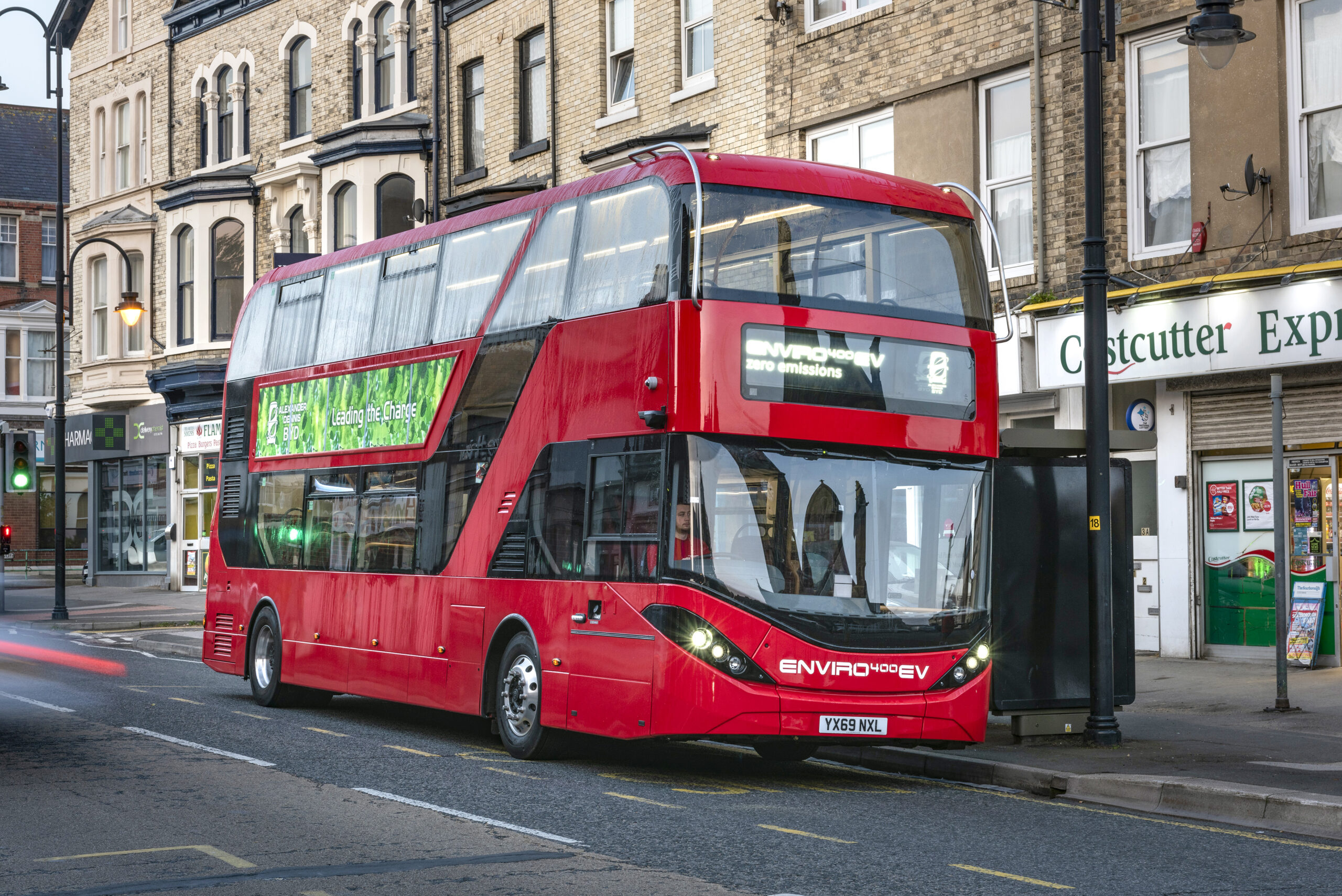£120 million for Zero-Emission-Buses Regional Area (ZEBRA) Scheme
- New scheme worth up to £120 million launched to help local transport authorities introduce zero-emission buses
- Move will reduce carbon emissions from local public transport, improving air quality in areas across England
- Support follows national bus strategy announcement, which set out how buses will be greener, cheaper, more frequent and more reliable
Transport Secretary Grant Shapps has today (30 March 2021) launched a multimillion-pound scheme to enable local transport authorities to roll out zero-emission buses as the government continues to build back greener. Up to £120 million is being made available through the zero-emission-buses regional area (ZEBRA) scheme, which will allow local transport authorities to:
- Bid for funding to purchase zero-emission buses
- Reduce the carbon emissions from their local public transport
- Improve air quality in towns and cities across England
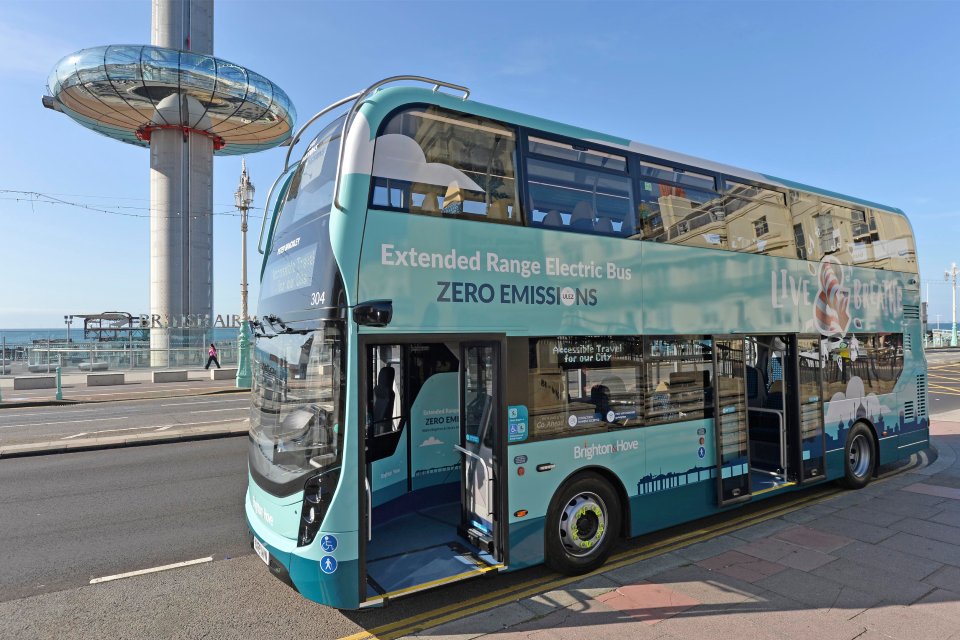
The funding will deliver up to 500 zero-emission buses, supporting the government’s wider commitment to introduce 4,000 zero-emission buses. It comes from the wider £3 billion fund announced by the government to improve bus services in our national bus strategy published on 15 March.
Transport Secretary, Grant Shapps, said:We’ve set out our vision of how we’re going to make buses better in this country, and now we’re getting on with delivering it.
The launch of the scheme today means we’re giving businesses and local authorities the tools to help deliver the 4,000 zero-emission buses we said we would introduce, which will dramatically improve air quality in towns and cities across the country, helping us achieve our net-zero ambitions.
The major new strategy – the biggest shake-up to the standard of bus services in the country for a generation – will see passengers benefit from:
- Lower, simpler flat fares
- More frequent services
- Requirements that will see councils set yearly targets for improving the reliability of services
To ensure the funding from today’s zero-emission-bus fund is used quickly to help provide British bus manufacturers with an injection of orders, the government is calling on consortia of local transport authorities, energy companies, bus operators and manufacturers to come together to work up strong cases for funding. This will help make sure that buses are built, bought and being driven on our roads efficiently to the benefit of local economies and communities.
Head of Policy, Research and Projects at Campaign for Better Transport, Silviya Barrett, said:Zero-emission buses are great news all round. As well as addressing climate change and air pollution, this funding will boost the bus manufacturing sector and give more passengers the best modern buses.
We’re glad that the government has appreciated the need to speed up the transition to zero-emission buses.
Bidders will have until 21 May 2021 to submit expressions of interest for a fast-track process that will allow local transport authorities with well-developed proposals to move quickly in their bid to secure funding. However, the government has said it wants all local authorities to have the opportunity to submit bids and, therefore, those who need more time to develop their proposals will have until 25 June 2021 to submit expressions of interest.
The national bus strategy contains several pledges to improve the environmental friendliness of the country’s bus sector. This includes a consultation on the end date for sales of diesel buses, which was launched alongside the strategy.
Head of People Policy at the British Chamber of Commerce (BCC), Jane Gratton, said:The BCC very much welcomes investment in initiatives that boost public transport infrastructure and the UK’s drive towards net-zero.
This is a welcome injection of cash and confidence for businesses in this sector and for towns and cities across the country. Access to affordable, reliable and greener public transport will be a key to rebuilding local economies.
Today’s announcement comes as Coventry recently received the historic first pot of funding from the all-electric bus towns and cities competition, giving the city £50 million of funding to revolutionise its bus services and entirely replace their current fleet with electric buses.
It also comes as the government announces over £30 million of funding to support pioneering research into battery technology, the electric vehicle supply chain and hydrogen vehicles.
Twenty-two studies will receive a share of £9.4 million, including:
- Proposals to build a plant in Cornwall that will extract lithium for use in electric vehicle batteries
- A plant to build specialised magnets for electric vehicle motors in Cheshire
- Lightweight hydrogen storage for cars and vans in Loughborough
Funding from the ZEBRA scheme will help the UK build back greener as the government publishes its transport decarbonisation plan, setting out how all modes of transport – sea, rail, road and aviation – can help deliver net-zero by 2050.
This article was originally published by the Department for Transport.


